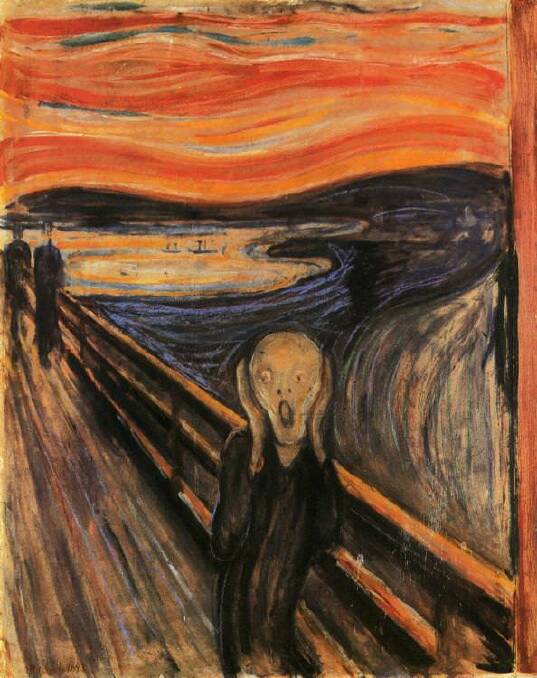
Life can sometimes become too much. On November 18, 1920, William Ogilvie was found lying on his bed at Sydney’s Usher’s Hotel with a bullet wound in his temple, a revolver clasped in his right hand. He was only 58.
Subscribe now for unlimited access.
or signup to continue reading
Near his body were found a letter to his solicitor and telegrams to his wife and children.
“Good-bye, my darling wife,” one telegram read, “I shall never see you alive again. I have written you to Ilparran today, explaining everything. Fondest love, my dearest dear.”
Edward, the eldest boy and writer Judith Wallace’s father, was in England. After beginning his education at TAS (The Armidale School), he had gone to England to study at Oxford, his father’s old university. He was, the TAS magazine observed, one of the few Armidalians who had studied at Oxford.
It is indeed a haunting, sad, but magical book...
Edward underwent officer training and in 1914 became a second lieutenant in the 17th Lancers. At the time of his father’s death in 1920, he was still in England as a lieutenant with the Life Guards.
Now as his father had wished, Edward returned home to help his mother and manage Ilparran as well as the family’s other interests.
Four years after his return, he married the English-born Dorothy Gytha Micklem in Brisbane at what appears to have been a considerable social wedding.
The Micklems owned property in North Queensland, so the papers presented it as a union of two major pastoral families with the Governor of Queensland present as one of the guests.
To house his new wife, Edward built a new house on the property. That house and the surrounding property form the centrepiece of Judith Wallace’s memoir on her childhood.
Writing in 1996, David McCooey (Artful Histories: Modern Australian Autobiography) features Judith’s book as one example in his study of Australian autobiography. He captures the key elements of the book to place them in a broader context; ideas of place and time; the elegiac nature of accounts of place; the way time weaves itself through the narrative.
It is indeed a haunting, sad, but magical book, one that shows life at a particular time in a particular place. Australia is not and never has been a uniform whole, but a place of many and varied stories.
Next week I will look at key features in Judith’s story.
Jim Belshaw’s email is ndarala@optusnet.com.au. He blogs at newenglandaustralia.blogspot.com.au and newenglandhistory.blogspot.com.au
Read more from Jim Belshaw:

